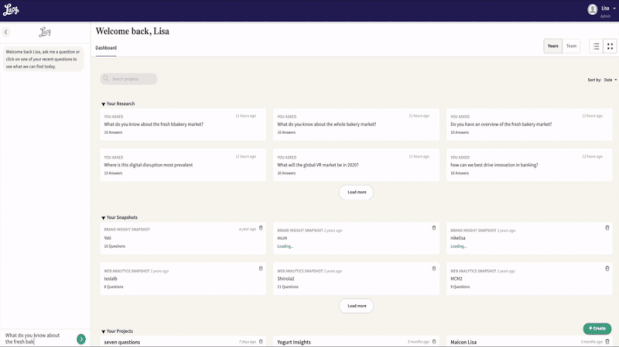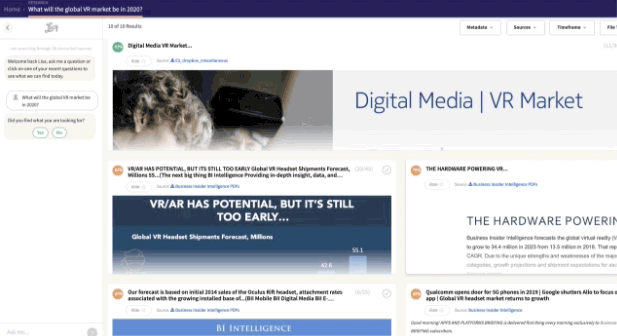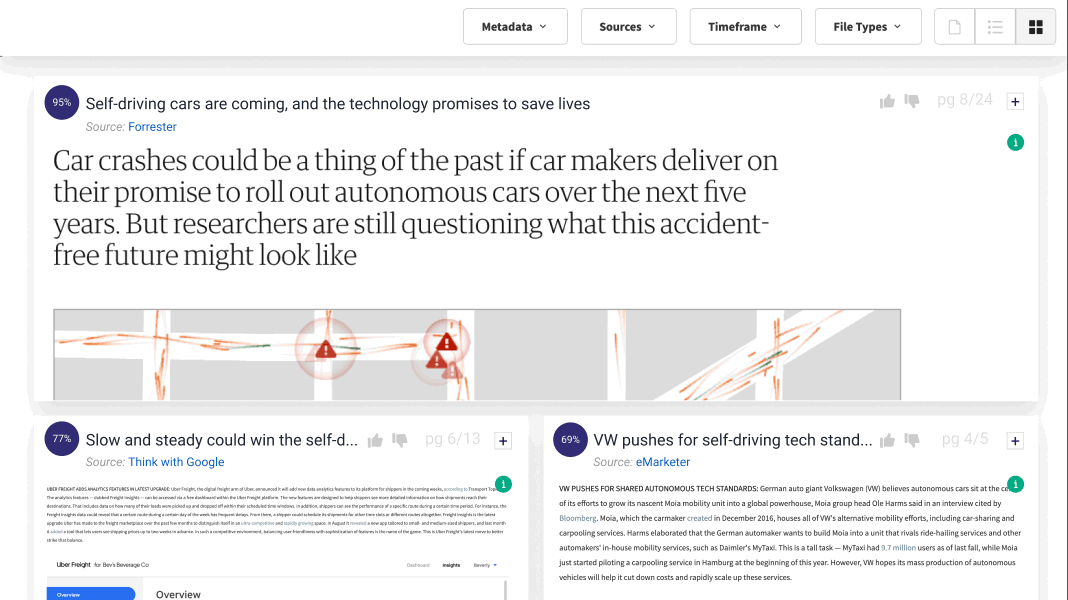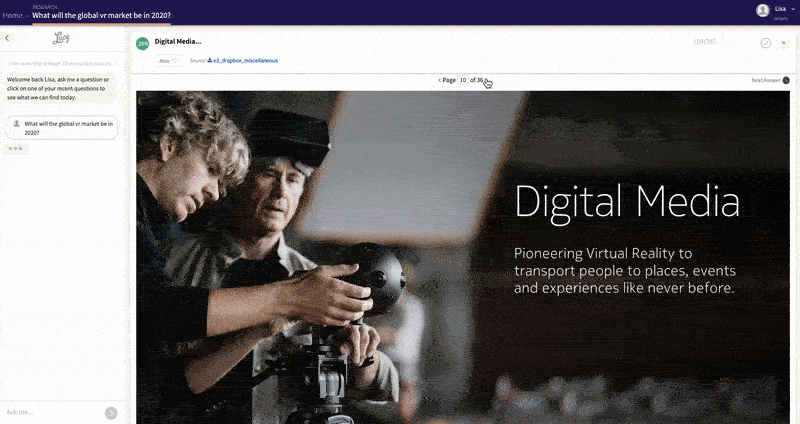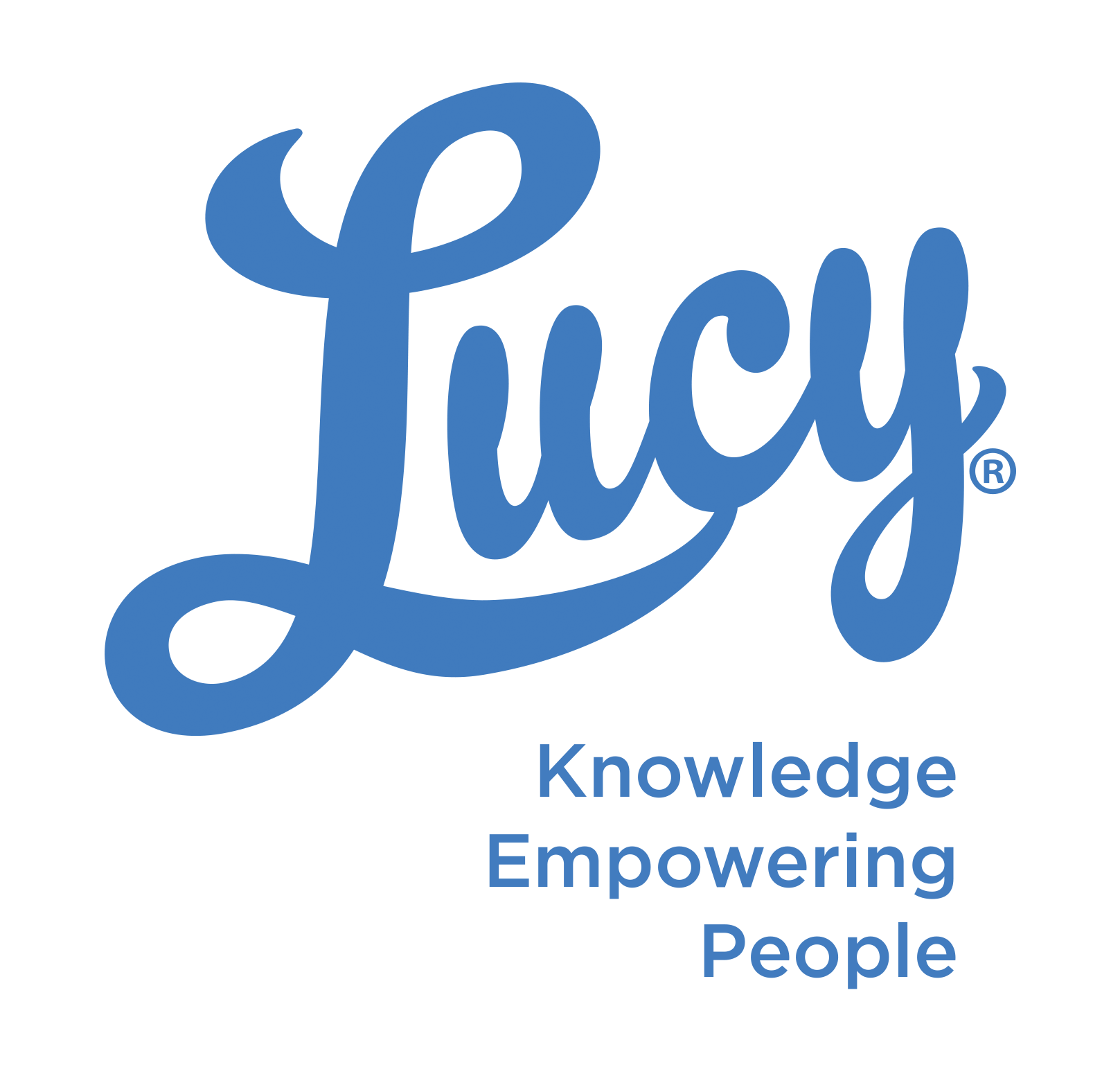Around the world, everyone is racing to create, sell or use the latest technological innovation for the workplace – artificial intelligence. Who can blame them when the alternative, some say, is the complete loss of relevance?
With the adoption of AI for HR, questions have arisen about how to take an ethical approach to using advanced technology. Between possible problems with privacy, bias and other issues — as well as a lack of rules and regulations — it’s hard for business leaders to be sure they’re taking a proper approach to any number of challenges. Still, over 75% of HR leaders say they’re planning to use AI software in the next 12 months, according to a study by Paychex.
It’s clear that AI solutions can help organizations. But you have to ask: Is the benefit worth the potential risks?
Risks and Rewards
The rewards are obvious. Companies save time and money when they use AI instead of employees to work on specific efforts, like talent acquisition. In addition, some studies have shown using AI increases productivity. Also, Forbes linked AI to better employee engagement.
On the flip side, AI can spell trouble when it comes to hiring. While it automates aspects of talent acquisition, such as candidate screening, AI may also introduce bias or overlook qualified candidates, observes SAP SuccessFactors Chief Marketing and Solutions Officer Aaron Green. If not designed and trained carefully, AI algorithms can perpetuate or amplify existing biases present in the data it’s been trained with.
This, in turn, can lead to discrimination against certain groups of people. In March, for example, Workday found itself on the receiving end of a lawsuit contending that its AI and screening tools discriminate against workers who are Black, disabled or over 40.
“If the AI makes a decision that discriminates against an individual, whether it’s an employee or a robot that makes that decision, you are breaking the law,” said Siobhan Savage, CEO of the workplace intelligence platform Reejig. “Every single time that you make a decision that is unfair, you could be fined as a company. Now, imagine how many millions of decisions are being made by an algorithm within a company today.”
AI can also pose a risk to privacy since HR systems rely on employee data that often comes without transparency or informed consent.
Continue reading the full article here

